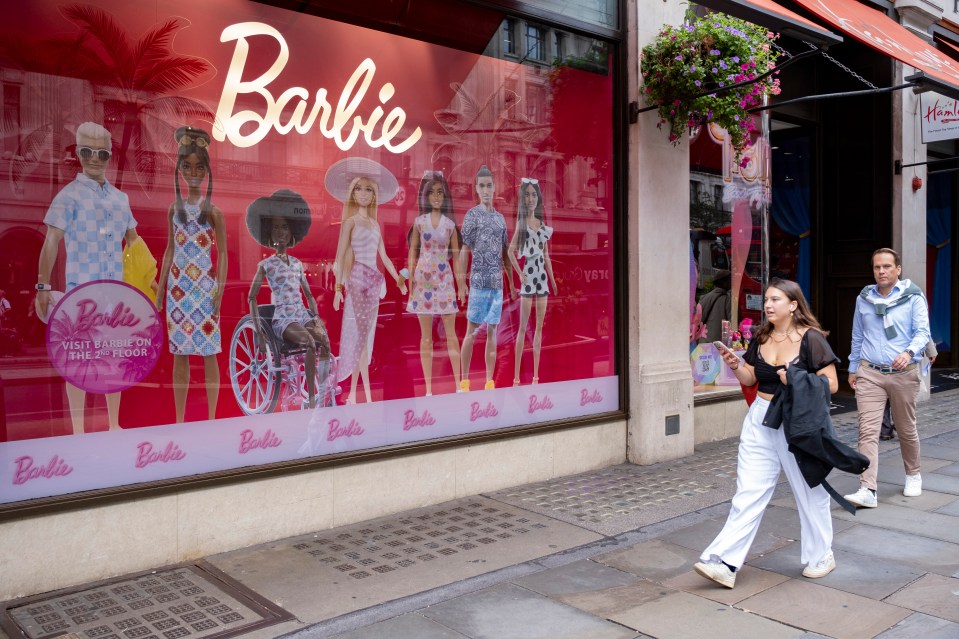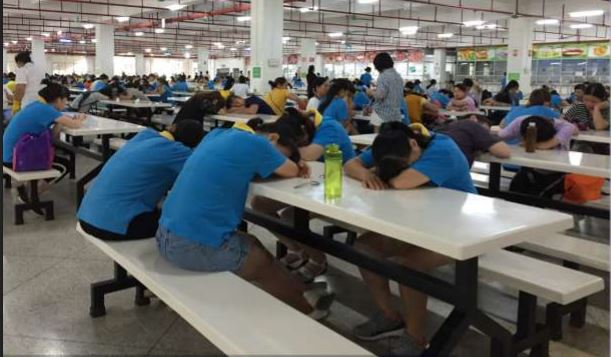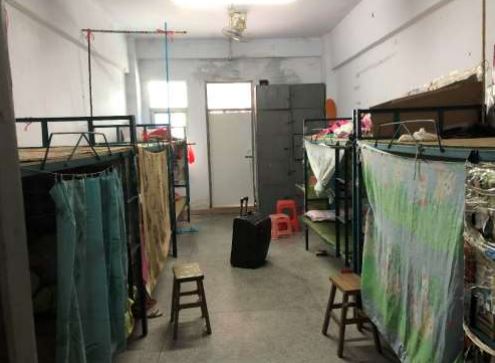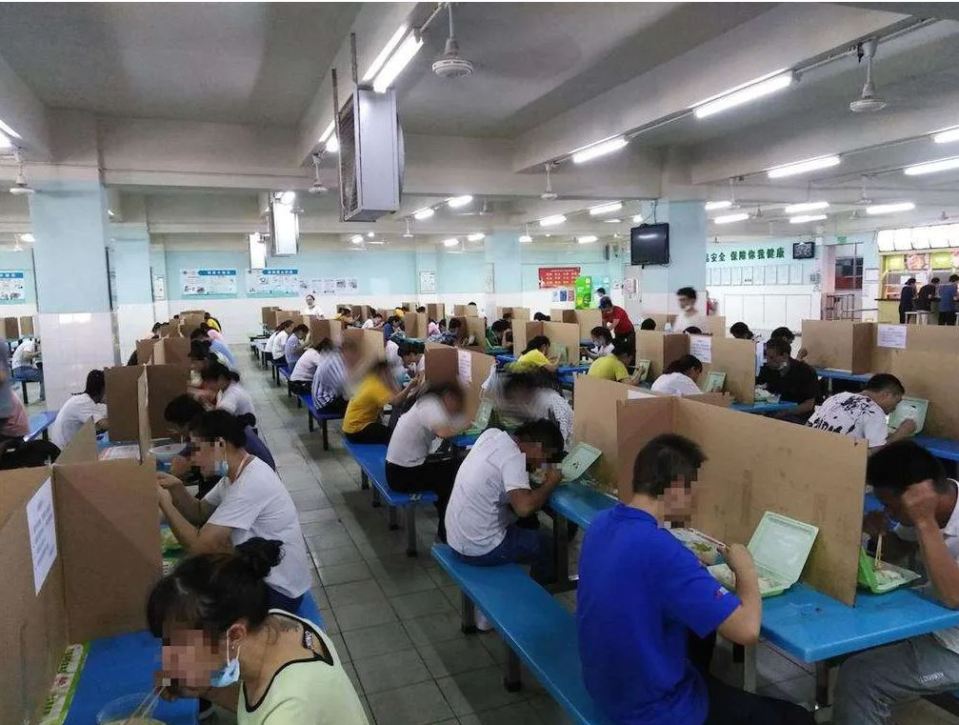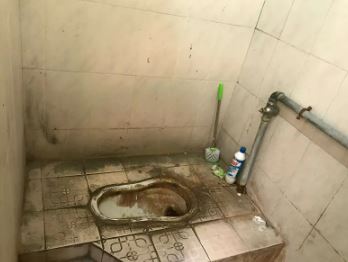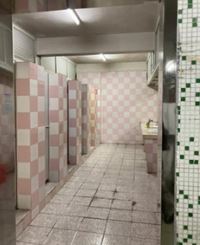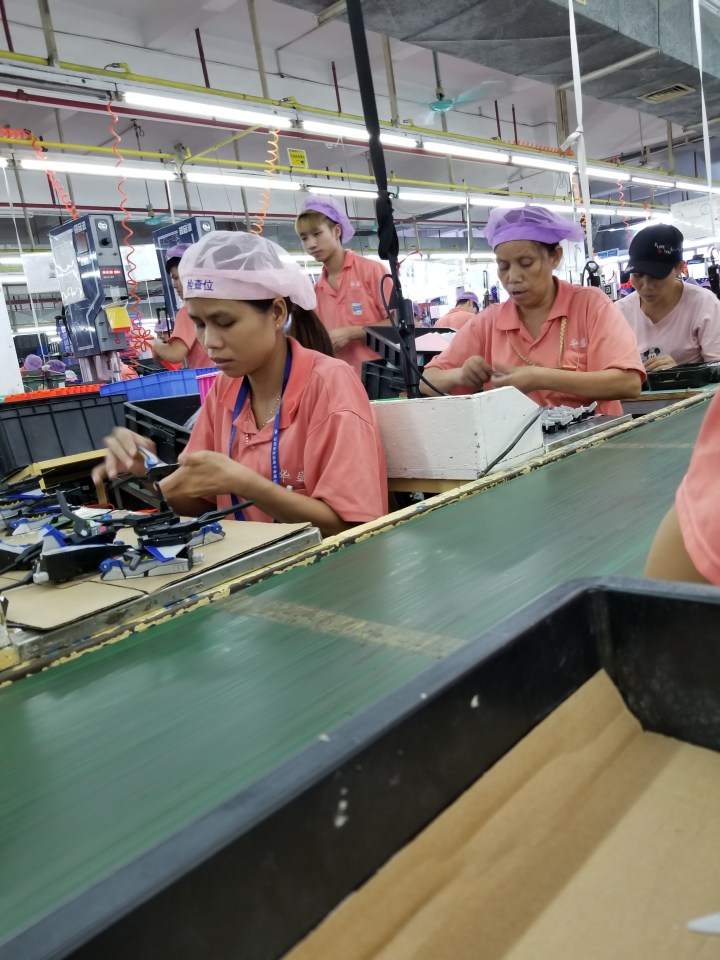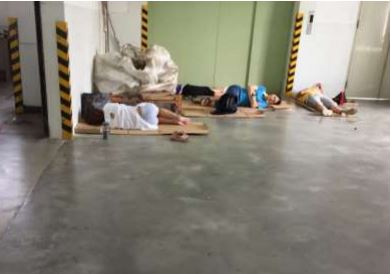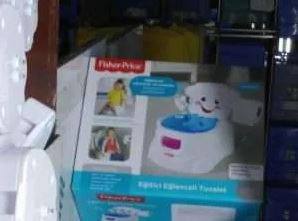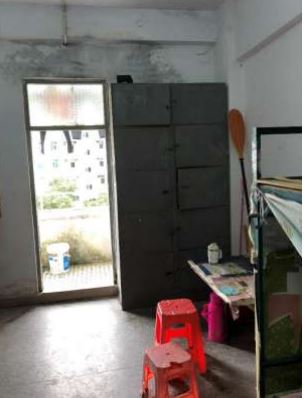FROM electronic baby gadgets to Barbie dolls and teddy bears, there is no doubt children’s toys bring joy to millions of youngsters across Britain.
But behind some of the nation’s best-loved toys lies a dark world of labour violations, with claims of horrific working conditions, sexual harassment, brutal abuse and even suicides.
Toy factories in China – where a reported 90 per cent of toys bought in the Western world are produced – have been exposed as “nightmare” sites that threaten their employees’ health.
Women and men working gruelling 12-hour days for measly wages are allegedly subjected to bullying and threats, with one called a “stupid c***” by their manager for being ‘too slow’.
Investigators also found exhausted workers sobbing in cramped living quarters at the factories, cockroaches lurking in employees’ lunches, and a lack of protective equipment.
And heartbreakingly, some workers were found to have jumped to their deaths – including a recently-fired employee and a 45-year-old woman who had been yelled at for being ‘too old’.
A non-profit organisation investigating Chinese toy factories told The Sun parents are unaware of the “terrible” working conditions of those producing their children’s adored toys.
“Today, workers continue to toil in terrible working conditions, working long hours, earning low wages, experiencing bullying and are exposed to hazardous substances with a lack of protective equipment,” said China Labor Watch (CLW), which has investigated the working and living conditions in the Asian superpower’s toy factories for 24 years.
“Workers’ base wages are barely enough to sustain their livelihoods, and many workers thus choose to work overtime to earn higher wages.
“Women workers, who generally make up the majority of workers in toy factories, face sexual harassment, including inappropriate remarks and sexualised stares and comments from male workers.”
It comes as US President Donald Trump’s trade war with China is expected to hike up the price of children’s toys in America, with uncertainty over how it will affect British consumers.
Toy giants, including Mattel – the firm behind Barbie and Fisher-Price toys – and Hasbro, who make Nerf guns and Transformers – source a hefty proportion of their products from China.
Andrew Murphy, chief executive of the British toy retailer The Entertainer, said the republic produces “almost 90 per cent” of the world’s toys, “certainly those consumed” by the West.
“The effect on the industry overall just can’t be overstated,” he told BBC Radio 4’s Today programme last week, referring to Trump’s tariff rate on Chinese goods, which is currently 145 per cent.
With so many toy companies reliant on Chinese manufacturing, it is hardly surprising that China is reported to have as many as 10,000 toy factories, employing millions of workers.
But while the finished products are excitedly chosen in store aisles, or unwrapped by little fingers at Christmas, their production has been plagued by allegations of suffering.
Brutally beaten
Just last year, investigators posing as workers at Chang’An Mattel – a factory in Guangdong province, which produces Barbie dolls for Mattel – uncovered shocking “rights violations”.
They found a “poisonous” climate, with managers allegedly verbally attacking staff and making it near-impossible for them to form friendships by spacing them out.
One worker, who was preparing to leave the factory, told investigators: “The managers behave badly, they’re impatient, they say we’re incompetent and call us idiots.”
Some leaders were accused of hurling items at workers, while cruel comments reportedly included, “You really are stupid”, and, “You can’t even put in a nail right.”
In 2011, a 45-year-old woman working at another Chinese toy factory leapt to her death after a manager shouted at her and ordered her to leave the production line.
Women workers, who generally make up the majority of workers in toy factories, face sexual harassment including inappropriate remarks and sexualised stares and comments from male workers.
China Labour Watch
The manager had allegedly scolded the victim for being too old and working too slowly.
After her tragic death, the woman’s family gathered in front of the factory and were brutally beaten, according to CLW – though it is unclear who carried out the beating.
The woman’s grieving husband later claimed female workers were being placed under “a lot of stress” and were being “viciously reprimanded” for not meeting their quotas.
Sexually harassed
At Chang’An Mattel, women were found to be targets of sexual harassment by male colleagues in workplace chat groups – something that was, worryingly, “commonplace”.
They were allegedly being asked about their sexual experiences and for personal photos.
Women were also reported to be banned from taking paid time off work for severe period pain, while being restricted to traditionally “feminine” tasks, such as styling Barbies’ hair.
Men, in contrast, were given so-called “masculine” tasks, such as machine-operated roles.
Although the factory had posters advertising a harassment complaint hotline, undercover investigators found these were hidden away in the corners of the site’s dormitory areas.
In these areas, men living at the factory could “easily look down into the dorm rooms of the women”, leaving the female workers feeling uncomfortable, according to a 2024 report by China Labour Watch, who investigated the factory along with the charity, ActionAid France.
“We have personally witnessed male workers lingering near female restrooms and shower rooms, as well as whistling and staring at female workers in the dormitory space,” said CLW.
“During after work hours, it has also been observed that many male workers sit at the factory entrance, staring at passing female workers and whistling at them.”
‘Hollow promise’
ActionAid France said photos of women working in the factory were being shared, without consent, on social media, with one disgustingly captioned: “Woman born after 2000, has worked at Mattel just over a year, her t*ts are so big I can’t focus at work.”
Barbie, one of the most successful toys in the world, is sold by retailers across Britain.
In 2023, the Barbie film, starring Margot Robbie as Barbie and Ryan Gosling as Ken, became Warner Bros’s highest grossing film of all time after smashing box office records.
The blockbuster comedy, which grossed more than $1.4billion globally, was hailed for its feminist themes.
But CLW said in its report: “The findings of this investigation suggest that the promise of emancipation and feminist empowerment in the Barbie movie rings hollow.”
‘Psychological violence’
Aside from sexual harassment and abuse from managers, workers at Chang’An Mattel were found to be working excessive overtime to cover their basic living needs, with wages for a standard 40-hour week reportedly totalling between just £510 and £600 a month.
Workers claimed to have accumulated up to 110 hours of overtime per month – a violation of Chinese labour laws, which permit up to 36 hours a month, according to the report.
They took only 40-minute lunch breaks and were required to meet the site’s high production targets – which allegedly included at least two products being completed per minute.
Despite dealing with hazardous substances, some were not provided with work uniforms or protective goggles, according to the report, titled ‘The Hypocrisy of Barbie’s Feminism’.
Workers were so exhausted after their shifts that they were seen struggling to walk.
The report follows an investigation into two toy factories in China’s Dongguan city in 2020, which found workers being subjected to “psychological violence”.
In one instance, a wounded worker was reportedly scolded for being clumsy and told not to report their injury.
And in 2017, investigators dispatched to four toy factories in China – supplying products for Disney, Mattel and Hasbro, among other big brands – discovered concerning conditions in workers’ living quarters, including “malodorous” bathrooms shared by ten or more people.
The investigators, working for CLW, also came across obstructed emergency exits, expired fire extinguishers and a lack of sufficient (and legally required) pre-job safety training.
Other claims over the years have included toy factory workers being made to sign blank employment contracts, no independent unions, and basic monthly wages as low as £188.
Why has Trump hit China with tariffs?
DONALD Trump has already imposed huge tariffs on Beijing and is now continuing to lobby even more threats at them. But why is he proposing the levies?
Tariffs are an integral part of Trump’s economic plans, which he thinks will not only elevate US manufacturing, protect jobs and raise tax revenue, but grow the economy as a whole.
In regards to the crippling tariffs, China dubbed them a “serious violation” of the World Trade Organisation rules.
In February, the nation initiated a WTO dispute complaint regarding the tariff measures.
China serves as a major supplier of auto parts to the US.
Phones and computers along with other key electronic devices were also in the top imports from China last year, according to Commerce Department Data.
In 2023, the US imported around $427 billion worth of products from China in total, according to the US Census Bureau.
Data reveals that 78 per cent of all smartphones imported from the US came from China.
Trump’s tariff threat has sparked fears of price rises for fashion items and toys.
Beijing responded by outlining its own tariffs on American goods, sparking fears of an all-out trade war between the two powerhouses.
Solidar Suisse, a non-profit that has previously worked for better conditions in China’s toy factories, says “health-threatening” environments still exist at such sites.
It shared pictures with The Sun of grim-looking dormitory beds and employees sleeping at their work stations.
‘Safe and healthy environment’
Although experts acknowledge there have been “some” improvements in the country’s toy factories in recent decades – including no recent cases of child labour and workers receiving paid maternity and bereavement leave – they claim there is still a long way to go.
Mattel has previously said it is “committed to providing a safe and healthy working environment” and ensuring that all of its workers are treated “fairly”.
In China, the firm reportedly offers training against harassment, as well as providing a hotline service.
On its website, Hasbro says “treating people with fairness, dignity, and respect and operating ethically in our supply chain are core values” at the company “that we uphold through our policies and reinforce through our actions”, while Disney says it is “committed to respecting human rights”.
Yet China Labour Watch told The Sun: “While major toy companies have established supplier codes of conduct, CLW’s investigations into their supplier factories show a disregard of these standards.
“Consumers remain unaware of the working conditions of those who produce their beloved toys.”
The Sun has contacted Mattel, Hasbro, Disney, the International Council of Toy Industries (ICTI), and The Toy Retailers Association for comment.


